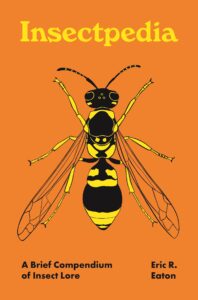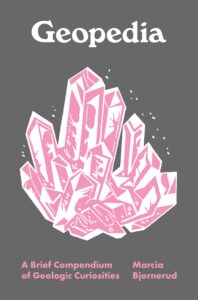 Isn’t it peculiar how words change their connotations over a mere few thousand years? Take the word παιδεία (paideia) In Koine Greek – according to Messrs. Liddell and Scott – it originally meant the rearing of a child, as well as training and teaching, education and its result, mental culture, learning, and education. Then as it was taken up in Renaissance Latin and combined with the Latinized neo-Greek version of ἐγκύκλιος (enkyklios), meaning circular, recurrent, required regularly, or general, we today have the word encyclopedia.
Isn’t it peculiar how words change their connotations over a mere few thousand years? Take the word παιδεία (paideia) In Koine Greek – according to Messrs. Liddell and Scott – it originally meant the rearing of a child, as well as training and teaching, education and its result, mental culture, learning, and education. Then as it was taken up in Renaissance Latin and combined with the Latinized neo-Greek version of ἐγκύκλιος (enkyklios), meaning circular, recurrent, required regularly, or general, we today have the word encyclopedia.
 However while encyclopedia has proven itself to be an excellent word, Princeton University Press disassembled it once again to create the name their Pedia series of books, and it was jolly well appropriate that they did. For rather than being general, each Pedia volume takes up a particular subject – fungi, flowers, birds, etc. – and on such subject therein presents a wide ranging and curiosity inspiring collection of information about it.
However while encyclopedia has proven itself to be an excellent word, Princeton University Press disassembled it once again to create the name their Pedia series of books, and it was jolly well appropriate that they did. For rather than being general, each Pedia volume takes up a particular subject – fungi, flowers, birds, etc. – and on such subject therein presents a wide ranging and curiosity inspiring collection of information about it.
Most recently, two new volumes have been added to the series: Insectpedia: A Brief Compendium of Insect Lore by Eric R. Eaton and Geopedia: A Brief Compendium of Geologic Curiosities by Marcia Bjornerud. Each of these handy little hardcover volumes offers hours of diverting as well as edifying enjoyment; “rational recreation” indeed, to borrow a term I recently learned from a presentation of the life of John Dalton to which I recently listened via BBC 4 Radio’s In Our Time archive.
I heartily encourage you to consider picking up one – or both – of these very companionable books to take along on your adventures (are we having adventures again yet?) or to simply relax with at home. Even if you are an experienced professional geologist or entomologist, I would be astonished if you didn’t find in them something you didn’t yet know and would subsequently be glad you then did.
If you enjoyed reading this, please consider signing up for The Well-read Naturalist's newsletter. You'll receive a helpful list of recently published reviews, short essays, and notes about books in your e-mail inbox once each fortnight.
